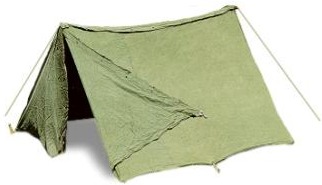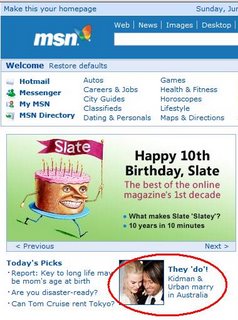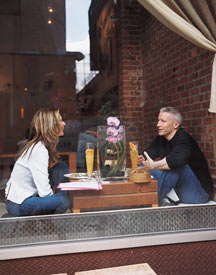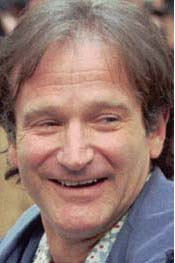Greetings,
Perhaps the great minds of SPOGG can help me resolve a question I've been considering for some time. I regularly travel the Massachusetts Turnpike. At irregular intervals, signs have been posted urging tired drivers to take a break:
TAKE A BREAK
STAY AWAKE
FOR SAFETY SAKE [sic]
What's interesting to me is the spacing of the last line. It appears that the sign orignally read FOR SAFETY'S SAKE and was later corrected, probably after an irate motorist called the Turnpike Authority's signage department and accused them, in complete and gramatically correct sentences, of getting it wrong.
If there is such a thing as a "gut feeling" about grammar and punctuation, mine tells me that "for safety sake" is awkward and "for safety's sake" would be preferable. However, this doesn't seem to be consistent with "for goodness sake," and I can only assume Shakespeare got it right when he coined the phrase. If the structure remains constant and only the noun is replaced, then "for goodness sake" (for the sake of goodness), "for safety sake" (for the sake of safety) or even "for chocolate ice cream sake" (for the sake of chocolate ice cream, a cause everyone surely can support) would be correct.
Can you help me and the other motorists on the Massachusetts Turnpike? For grammar sake? For grammar's sake?
With thanks,
Scott
Great Scott!
SPOGG now takes aim at Massachusetts. The sign should, indeed, read "for safety's sake."
Your question, however, contains multitudes. We are giddy with all we could write on the topic.
Shakespeare did originate the phrase "for safety's sake," as well as many others (
see the list).
SPOGG hereby dubs Shakespeare "The Father of the Cliche." We mean this as a compliment. He said so many things so well, that many writers since have copied him, often without even knowing. See if you can go an entire day without repeating one of Shakespeare's now-hackneyed phrases. It's not easy!
But, getting back to the topic of safety's sake. Just because our modern edition of Henry IV renders it correctly doesn't mean that's how Shakespeare wrote it. Shakespeare was far from consistent in his spelling. He even spelled his own name several different ways.
"Zounds!" one might say, "Does that mean the greatest writer in the world couldn't spell?"
Perhaps. We don't know. We can't, as he lived in an age before spelling had been standardized. This no doubt gave the people copying his work fits. What did he mean to write? It's not a surprise that standard spellings have taken root. They help keep our meaning clear.
But that's the best correct spelling can do. The real art of writing doesn't require standardized spelling. Nor is it hampered by irregularities of phrase or form. As Shakespeare's legacy of cliches proves, creativity outlasts rules of grammar and spelling.
And for that, SPOGG is glad.
Fun links:
Learn to swear like ShakespeareWikipedia: Shakespeare lived before standardized spelling























